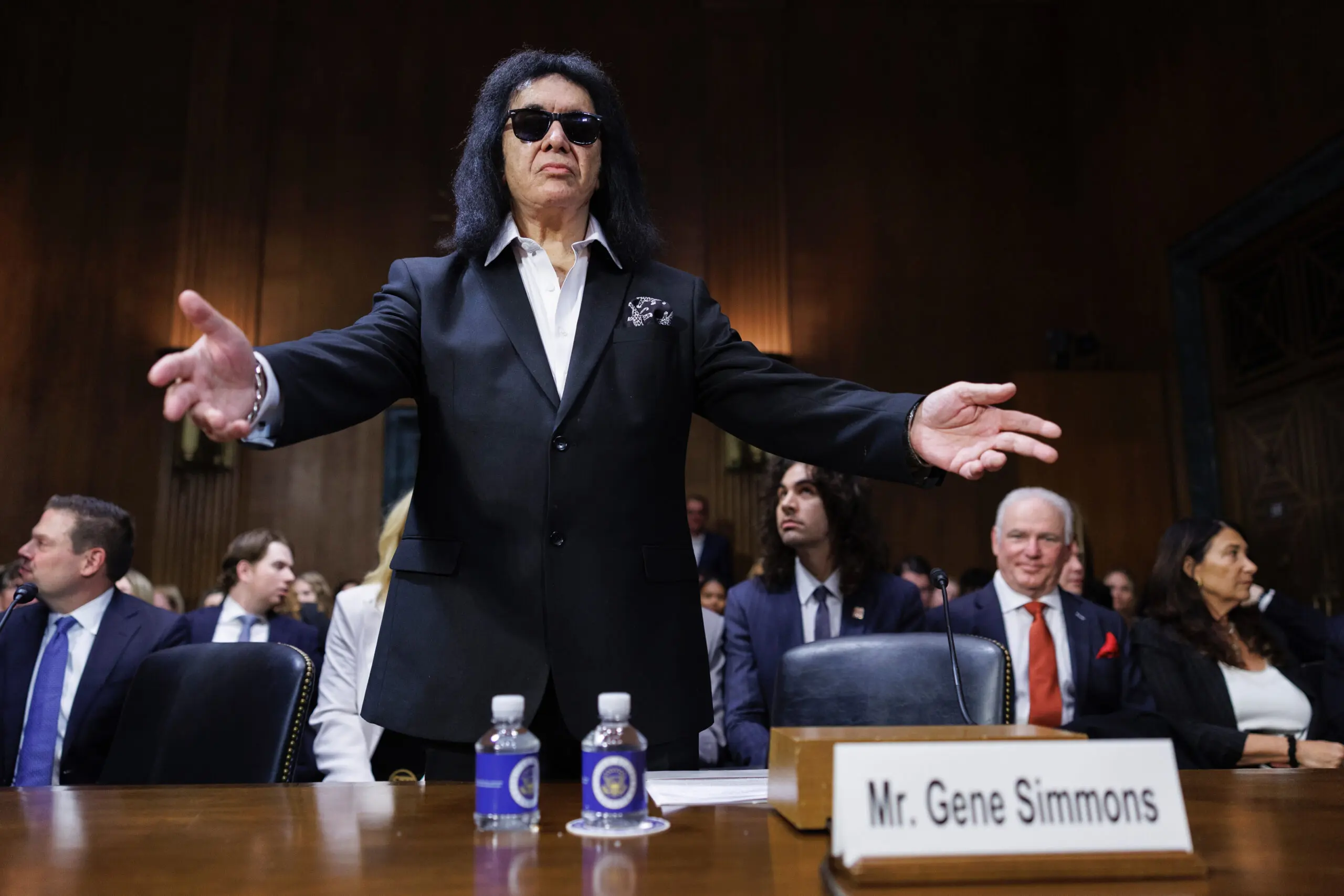Property ownership has been central to our democracy since the birth of our nation. U.S. law has broadly supported the right of a property owner to sell, lease, gift or enjoy what is theirs for more than 240 years. The same concept applies to one’s work. Generally, if you invent, build, create, draw, or write it, it is yours to decide how and when it is used, and by whom.
One of the few exceptions can be found in the music industry today, where terrestrial AM/FM radio uses the music of hard-working performers without obtaining any form of permission or compensation. Satellite radio, streaming services and radio broadcasters throughout the developed world acknowledge and accept the property rights of music creators. It is time American terrestrial radio do the same.
The bipartisan Ask Musicians for Music (AM/FM) Act of 2019 introduced on November 14, 2019 by House Judiciary Chairman Jerrold Nadler (D-NY) in the House and Sen. Marsha Blackburn (R-TN) in the Senate will right this wrong. The legislation gives creators control of their own content by simply requiring broadcasters to obtain permission before transmitting content owned by another person. The concept of “giving one’s OK before their work can be played” is in place on all music listening platforms, except for terrestrial radio. It’s only fair that this principle be applied for radio as well.
The Ask Musicians for Music (AM/FM) Act of 2019 would:
- Give music creators the rights that broadcasters currently enjoy. Obtaining permission before airing content should not be a new idea to radio broadcasters. In fact, the AM/FM Act simply asserts the same rights for music creators that broadcasters demand for themselves. Under current law, cable operators must obtain permission from commercial broadcasters before carrying their programming.
- Empower music creators to grant permission and seek payment. Under this legislation, artists who want to allow terrestrial radio to use their work for free can choose to do so. Artists seeking compensation for their work can attempt to negotiate rates with broadcasters in exchange for permission for it to be aired.
- Focus on large broadcasters. While music creators could negotiate rates with large broadcasters before they can air their recordings, this legislation protect small, public, college, and other non-commercial stations.



